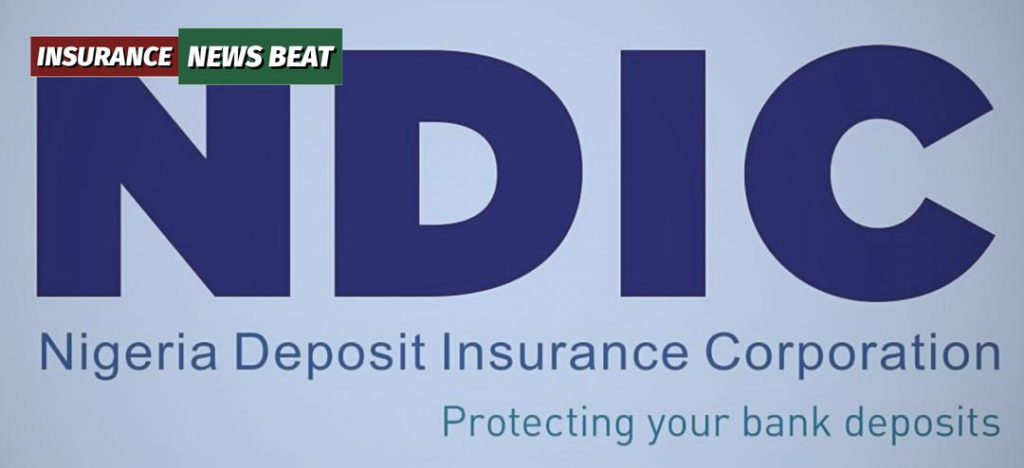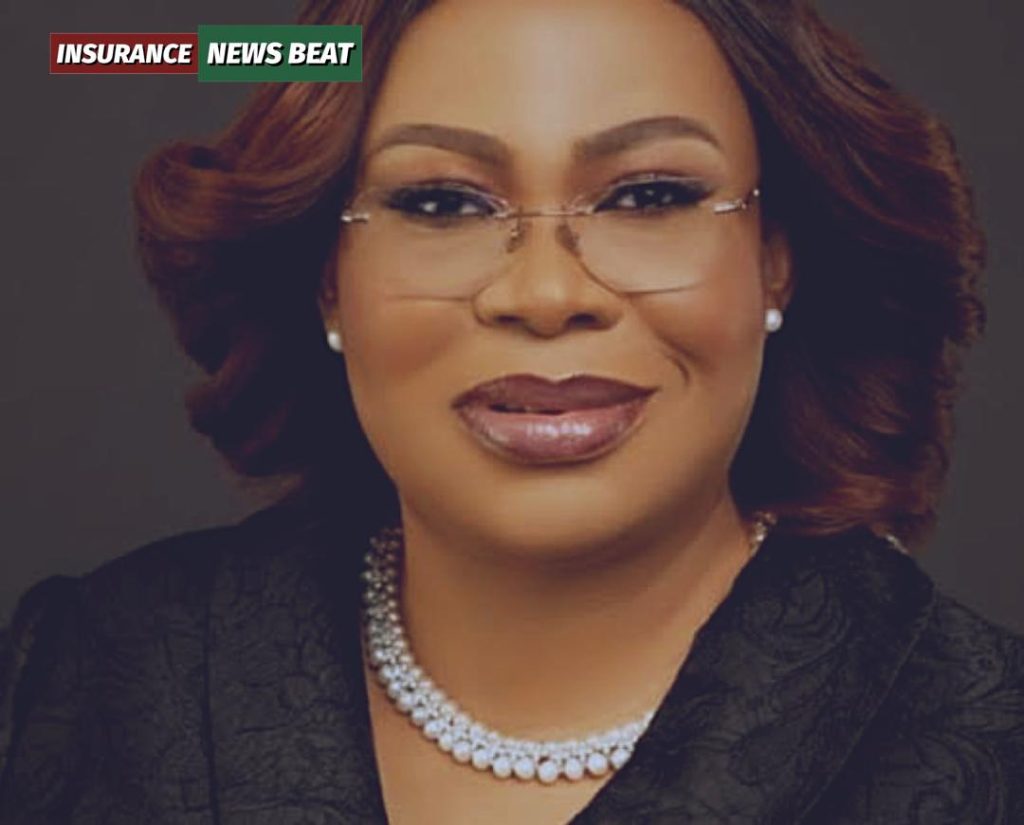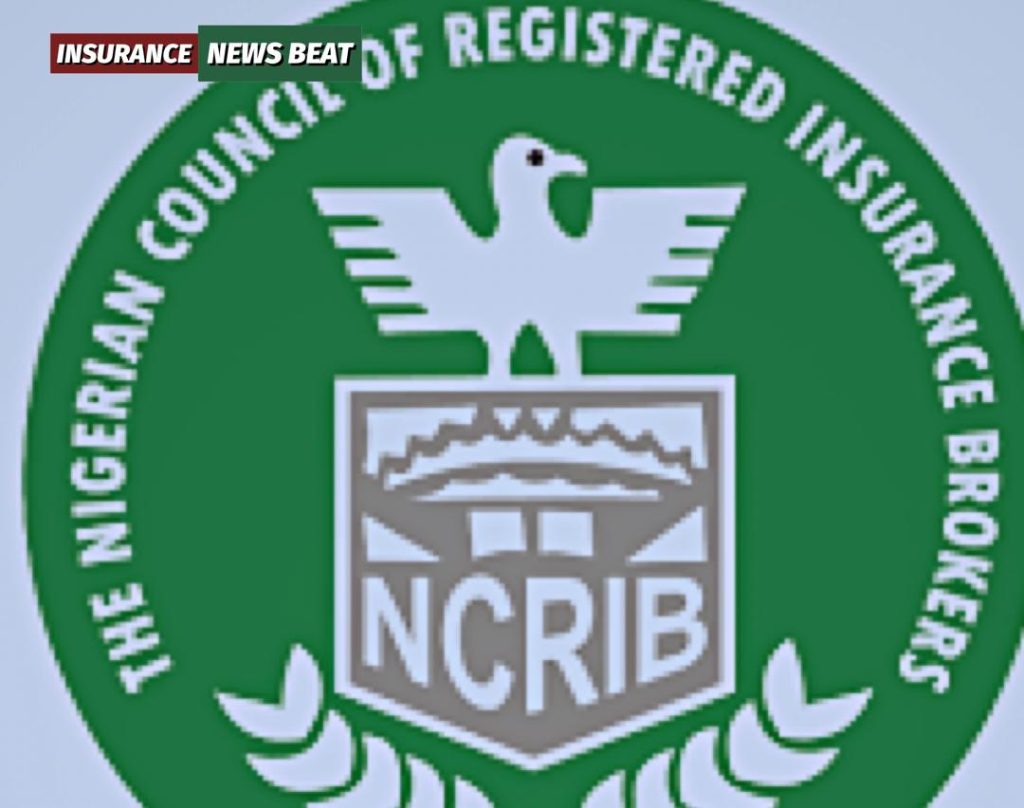Stakeholders in the banking and insurance sectors have expressed contrasting views over a bill to amend the Nigeria Deposit Insurance Corporation (NDIC) Act No. 63, 2023. The bill, sponsored by Senator Mukhail Abiru, Chairman of the Senate Committee on Banking, Insurance, and other Financial Institutions, aims to enhance the Corporation’s effectiveness, independence, and autonomy. It has successfully passed its second reading in the Senate.
One of the most contentious amendments is the proposal to remove the “concurrence” role of the Central Bank of Nigeria (CBN), replacing it with a “collaborative” role to make the NDIC more independent in decision-making. This change has sparked a debate among stakeholders.
During a public hearing at the Senate on Thursday, the CBN voiced its opposition to this amendment. John Onoja, acting director of the financial policy and regulation department at CBN, explained that “collaboration” implies that the NDIC would take decisions and then collaborate with the CBN, which diminishes the CBN’s role in the process.
Contrarily, Mustafa Chike-Obi, Chairman of the Bank Directors Association of Nigeria, praised the removal of the CBN concurrence requirement in Section 32. He argued that this change aligns with the NDIC’s mandate to independently regulate insured deposit liabilities.
The Financial Services Regulation Coordinating Committee (FSRCC) also raised concerns about amendments to Section 16, which propose increasing the NDIC’s capital base from ₦50 billion to ₦500 billion, to be fully subscribed and held by the federal government.
The FSRCC’s memorandum to the Senate Committee stated that this increase would render additional capital redundant as it wouldn’t yield the required return on investment. They advocated for maintaining the current share capital structure between the Ministry of Finance and the CBN as stated in the principal Act.
Additionally, Nestok Ikeagu, director of legal at the Securities and Exchange Commission (SEC), objected to the amendment removing the SEC Director-General from the NDIC board. He emphasized that the SEC’s role in investor protection justifies its position on the board, and removing it would hinder interagency collaboration.
In contrast, the NDIC leadership supported the bill. The NDIC boss argued that the bill would strengthen the Corporation. Ronke Sokefun, the former chairman of the NDIC board, also endorsed the bill, lamenting the NDIC’s loss of independence to the CBN in its role as a liquidator.
“Thank you for taking a look at the traditional role of the corporation, which is to act as the liquidator in the event of a bank’s winding up. From the traditional role which the corporation has always executed, all of a sudden, it has to be at the whims and caprices of the CBN; the CBN can decide to have another liquidator,” Sokefun stated.
Senator Abiru assured that the Senate will consider all objections raised by the stakeholders before making a final decision on the bill.




